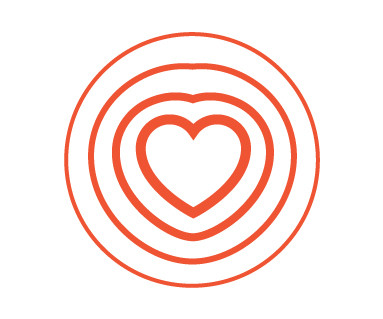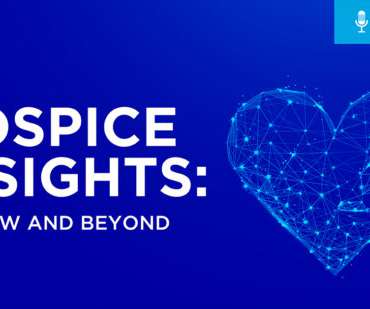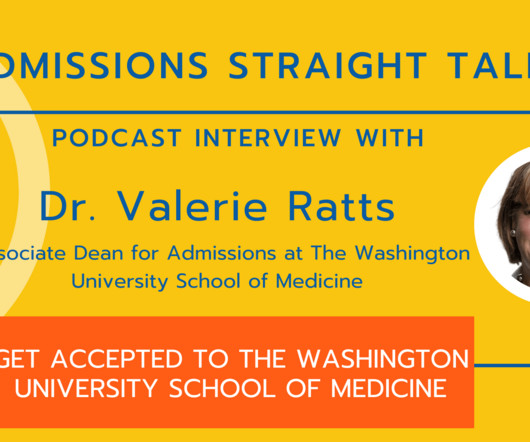From ICU to Innovation: How Kim Gadiwalla is Rewiring Nursing Education—One Microlesson at a Time
Minority Nurse
JULY 1, 2025
Witnessing firsthand the compassionate care provided by nurses, especially during challenging moments such as hospice care, left an indelible impression on me,” she shares. She graduated from an accelerated BSN program with a mission forged years earlier: when her mother was diagnosed with stage 4 ovarian cancer.















Let's personalize your content